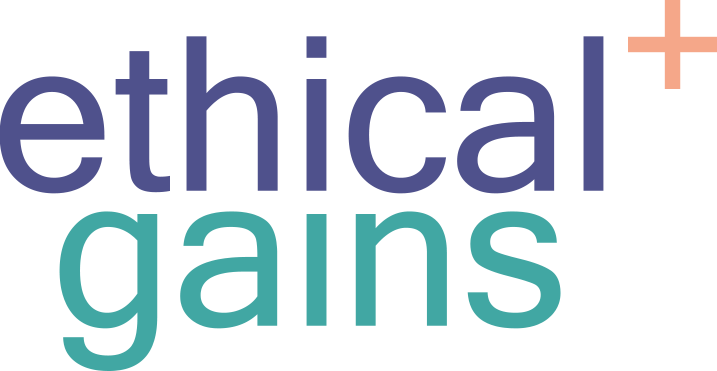Google makes thousands of changes to their algorithm every year in a continuing effort to improve the search experience. Google claims that this process has allowed them to eliminate irrelevant search results by 40% over the last five years. Most of these updates go unnoticed, but there were some big updates in 2021 that anyone working in Search needs to know for the coming year.
Page Experience
Google announced that their Page Experience update was completed in September 2021. This update rolled out a Page Experience Score that we can actually see in Google Search Console. The purpose of this score is to measure the experience that users have on a particular website, allowing them to rank pages with good user experiences higher. The Page Experience Score is determined by several factors:
- Core Web Vitals: The CWV are a series of metrics that measure website performance in terms of speed, usability, etc. It scores the user experience from a technical standpoint.
- Mobile Usability: Mobile first design is a must if you’re going to rank on Google. A page must have no mobile usability errors in order to get a good score.
- Security Issues: Any security issues prevent all pages on the website from achieving a good score.
- HTTPS Usage: A page must be served over https in order to achieve a good score.
- Ad Experience: Any ad usage that is disruptive or interruptive to the user experience can prevent the site from getting a good score.
This gives SEO experts a lot to think about when designing and launching pages, and while auditing existing pages.
Link Spam Update
Link Spam is the practice of putting links on pages without context or thought into user experience. This is not the most ethical SEO method, intended to boost search rankings without providing value to the user.
The Link Spam update is an update to the algorithm that will punish pages for using Link Spam. On launch, Google urged marketers and SEO professionals to follow best practices for inbound and outbound links, to make sure they are there to improve the user experience, and as always, to create high quality content.
Summer Broad Core Update
In the summer of 2021, Google rolled out a broad update to its core algorithm. These updates happen frequently and are often not even noticed by users. SEO professionals speculate that the summer 2021 updates increased People Also Ask results and maybe even targeted image search results.
Google’s advice (as usual) about preparing for or recovering from these core updates is that there’s really nothing that you can do. But John Mueller stated in an October SEO Office Hours video that the best way to recover from falling rankings due to a core update is to create good content.
Product Reviews Update
In Spring of 2021, Google released an update designed to reward sites with good, in-depth reviews with higher rankings in search. Reviews are important to the user experience. A Bizzrate Insights report says that 54.7% of consumers read at least four product reviews before making a purchase. The number of consumers who read fewer than four reviews is almost certainly higher.
So in their quest to improve user experience, Google is rewarding sites that collect good reviews. Good reviews should:
- Express expert knowledge about products
- Show what the product is like physically, with unique content
- Provide measurements of how the product performs in several categories
- Describe what sets this product apart from competing products
- Discuss benefits and drawbacks of the product
Making it easy for customers to leave product reviews and even providing star scales in different usage categories can help get more detailed, richer reviews.
MUM
The Multitask Unified Model, or MUM, was released in 2021. Google states that MUM was trained on 75 different languages and that the update would be 1,000 times more powerful than the previous big update, BERT. MUM understands information from text and images, and Google plans to expand that to include video and audio as well. MUM was first introduced to process and understand searches regarding vaccine information, and it also improves the algorithm’s understanding of other topics as well. MUM can understand some queries so well that it will serve related results, anticipating the user’s needs. For example, a search for plane tickets to Beijing may also bring up information about applying for visas in China, hotel listings nearby, and tourism sites.
There is (of course) no real way to optimize for MUM other than creating good content that provides value to the user.
Passage Ranking
The Passage Ranking update went live in the US in February, 2021. Essentially this update analyzes long-form content on a website and decoding the context of given passages. Google can then serve these passages on the SERP for relevant searches. This gives Google the chance to serve good, relevant content that may not be fully optimized for search, but still provides answers to user queries. This is similar to the existing Featured Snippets results.
The way to optimize for Passage Ranking is to create unique, high-quality content that provides value to the user. Because long-tail keywords often identify more specific information, mining the long tail for relevant keywords is worthwhile. Using headers and organizing your content well will also help Google better understand your content and make finding those passages easier.
So there were a lot of big changes in 2021 that are going to have a big impact on Search in 2022. There are doubtless many changes to come in 2022 as well. As always, Google states that the best way to respond to previous updates and prepare for future updates is to create good, relevant content that users are looking for. We’re looking forward to a happy and productive New Year in 2022!




